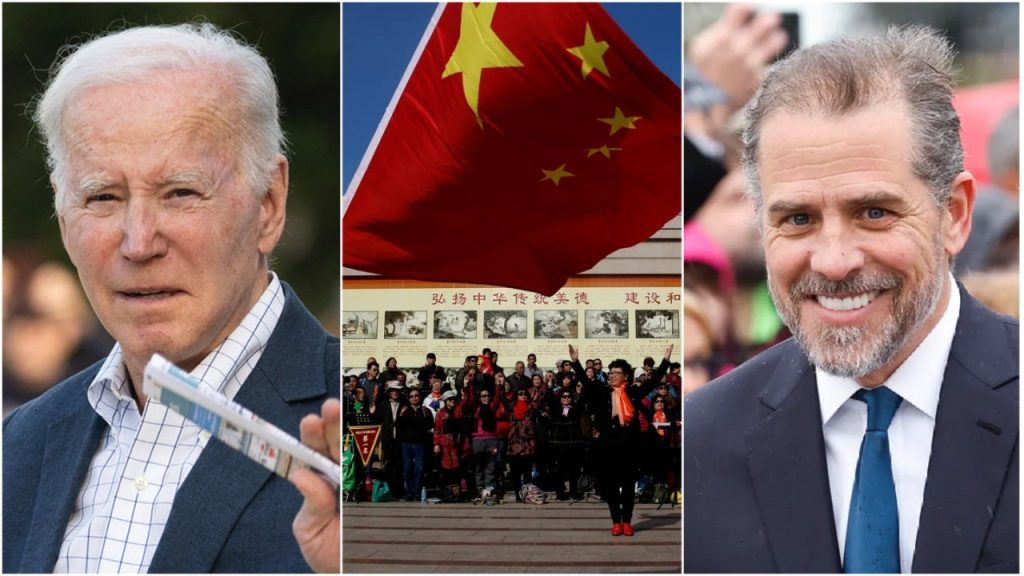Then-Vice President Biden praised his Harvard-educated niece, Casey Owens, in a speech in 2011 for studying Chinese and living in China, highlighting her work in the U.S.-China Strategic and Economic Dialogue at the Treasury Department. Biden expressed optimism about “a rising China” being a positive development, not only for China but also for America and the world at large. Owens had emailed Biden thanking him for including her in the event, calling it a “memorable day” and expressing her gratitude. Biden mentioned his niece in the context of the “100,000 Strong Initiative,” which aimed to send American students to China to learn Mandarin and experience Chinese culture.
During Owens’ tenure at the Treasury Department, she was in contact with Hunter Biden and his business partner Eric Schwerin regarding China Investment Corporation (CIC), China’s largest sovereign wealth fund. Owens emailed details about a CIC investment conference and was involved in arranging meetings with Chinese officials. She later left the Treasury and is now an executive at Starbucks. Owens’ father also sought Hunter Biden’s help in securing a business license to expand his telemedicine company in China, emphasizing the importance of obtaining the license quickly to move forward with negotiations with a China-based insurance company.
Then-Secretary of State Hillary Clinton signed an agreement in 2010 with Chinese State Councilor Liu Yandong to promote exchanges between the U.S. and China beyond government interactions. Owens’ involvement in economic and strategic dialogues with China during her time at the Treasury, including receiving gifts and working closely with high-ranking Chinese officials, reflects the depth of relationships between the Biden family and China. They were part of efforts to strengthen ties between the two countries through student exchanges, business partnerships, and other initiatives aimed at fostering collaboration and mutual understanding.
Hunter Biden’s connections in China, facilitated by business associates like James Bulger and Michael Lin, were utilized to help Owens’ father secure a business license for his company’s expansion in China. Emails between the parties show discussions about navigating Chinese regulations and securing approvals for business operations in the country. The interactions between Hunter Biden, his associates, and the Owens family point to a complex web of relationships that leveraged personal connections for business interests in China. These interactions raise questions about the extent of influence and access that the Biden family had in China through their various connections.
The Biden family’s ties to China, as evidenced by Owens’ work at Treasury and her father’s business dealings in the country, highlight a broader pattern of engagement with Chinese officials and entities. Hunter Biden’s involvement in business ventures in China, including joint ventures with Chinese energy firms and efforts to secure business licenses for family associates, indicates a level of access and influence that may have been exploited for personal gain. The overlap between family relationships, official government business, and private business interests raise concerns about conflicts of interest and potential ethical implications for the Biden administration’s approach to China.
The email exchanges between Owens, Hunter Biden, and their associates shed light on the complex nature of relationships between the Biden family and China. The involvement of high-ranking Chinese officials, business partners, and family members in discussions about economic cooperation, business opportunities, and regulatory compliance reveal a network of connections that extend from personal interactions to official government functions. The interactions between the Biden family and Chinese entities underscore the importance of transparency, accountability, and ethical considerations in managing international relationships and business dealings. The implications of these relationships for U.S.-China relations and domestic governance warrant further scrutiny and investigation to ensure compliance with ethical standards and national security interests.


